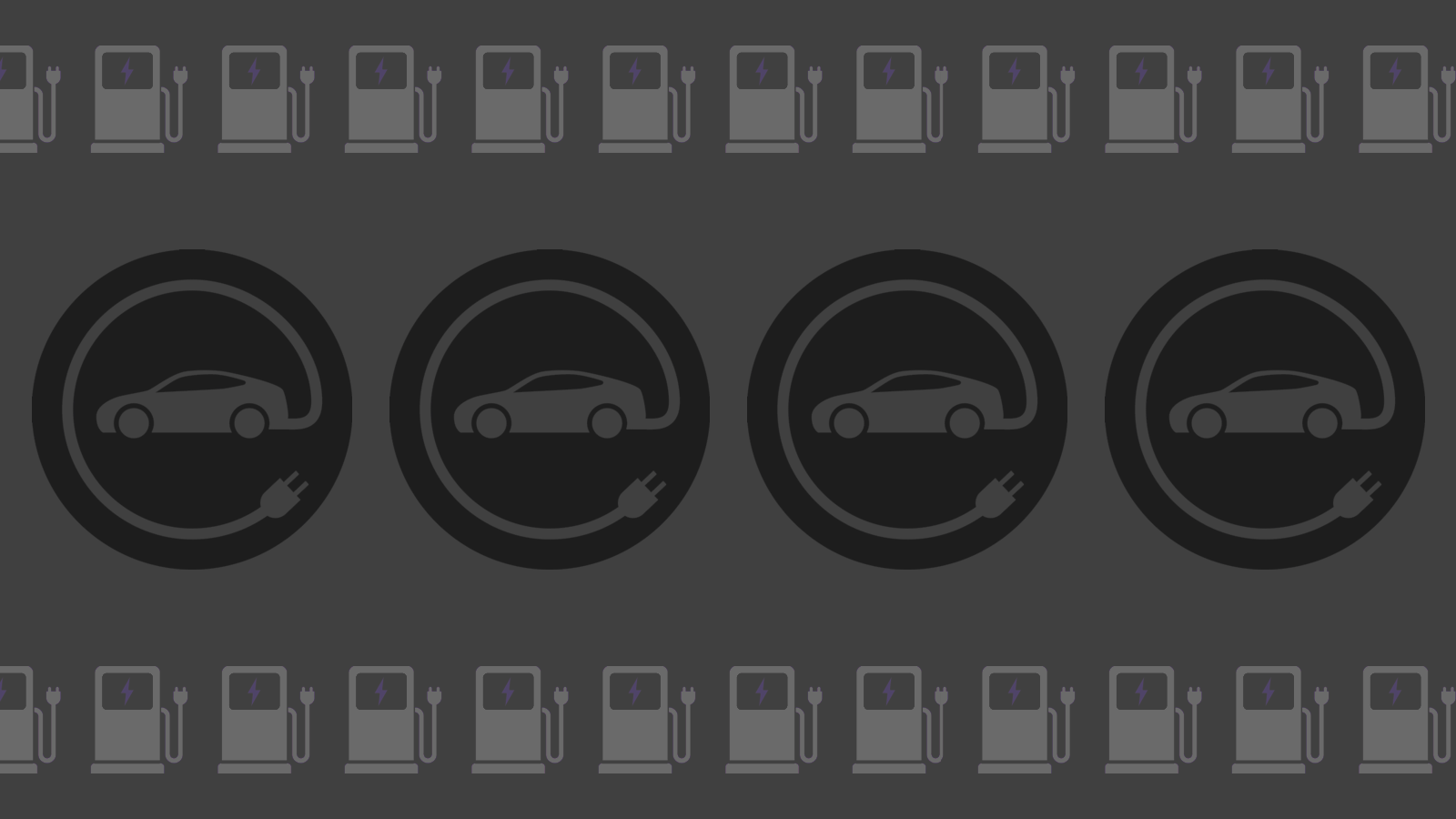GOVERNMENT
FUNDING
Co-ops are independent organizations, but to achieve their missions they often work in partnership with other co-ops and with government. Most non-profit housing co-ops were created under funding programs established by the federal government or by the provinces. Some forms of support were general (directed at the co-op as a whole); others have targeted low-income households residing in the co-ops. In recent years, there are a number of programs that support capital projects.
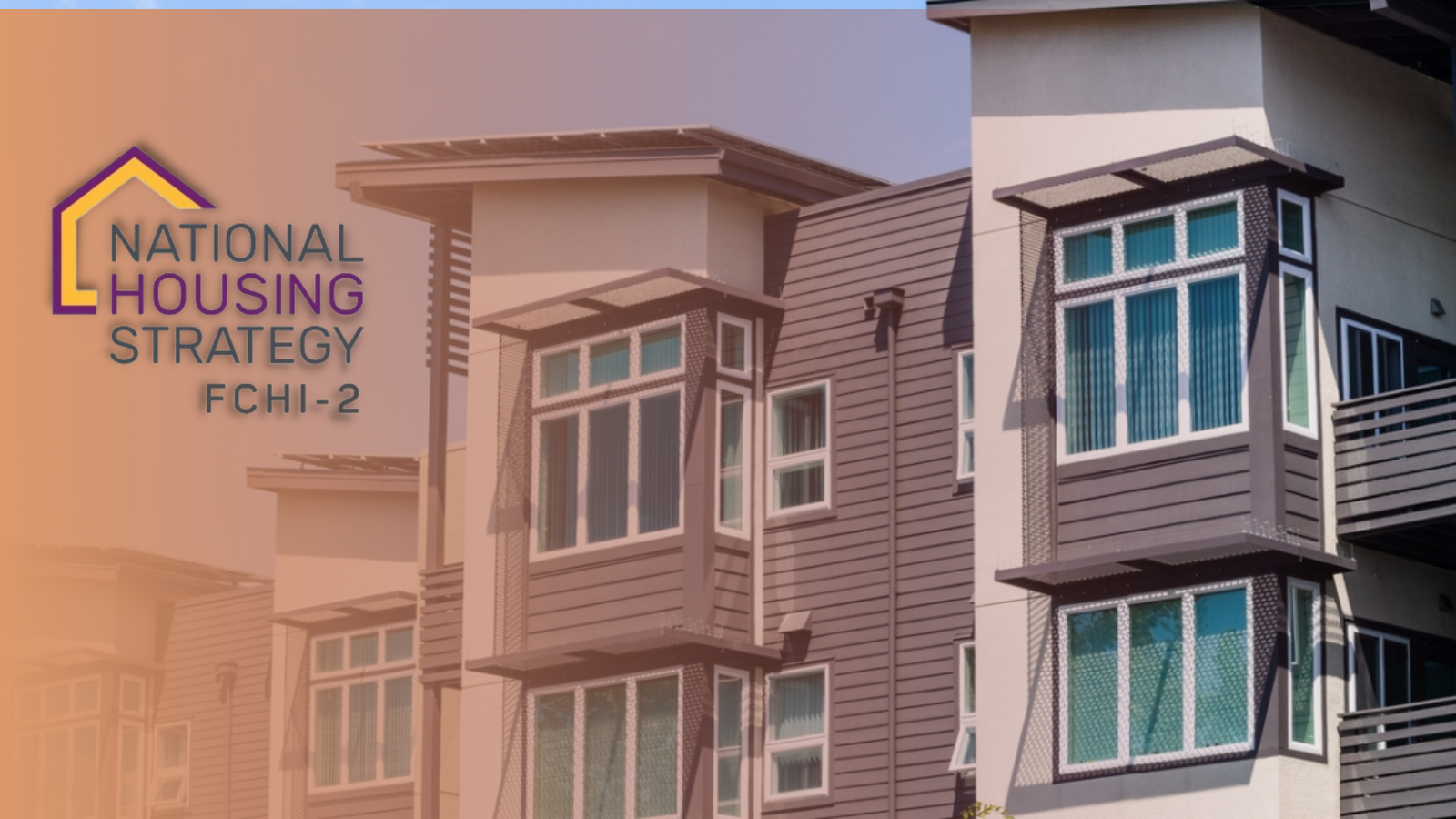
Rental Assistance Program (FCHI-2)
The Rental Assistance Program—part of the Federal Community Housing Initiative, Phase 2 (FCHI-2)—is the successor to CMHC's Section 95 and ILM programs.
Co-ops exiting their original operating agreements or FCHI-1 support between September 2020 and the end of March 2028 may be eligible.
The program targets low-income households that can’t afford a co-op’s maximum housing charges without exceeding 30% of their household income. As income fluctuates, the level of support may also fluctuate, but the total number of supported households is generally fixed at the time of program sign-up.
The program may not be compatible with some grants offered by municipal governments.
UPDATE (March 2022): Rental Assistance Program (FCHI-2) Action Plans
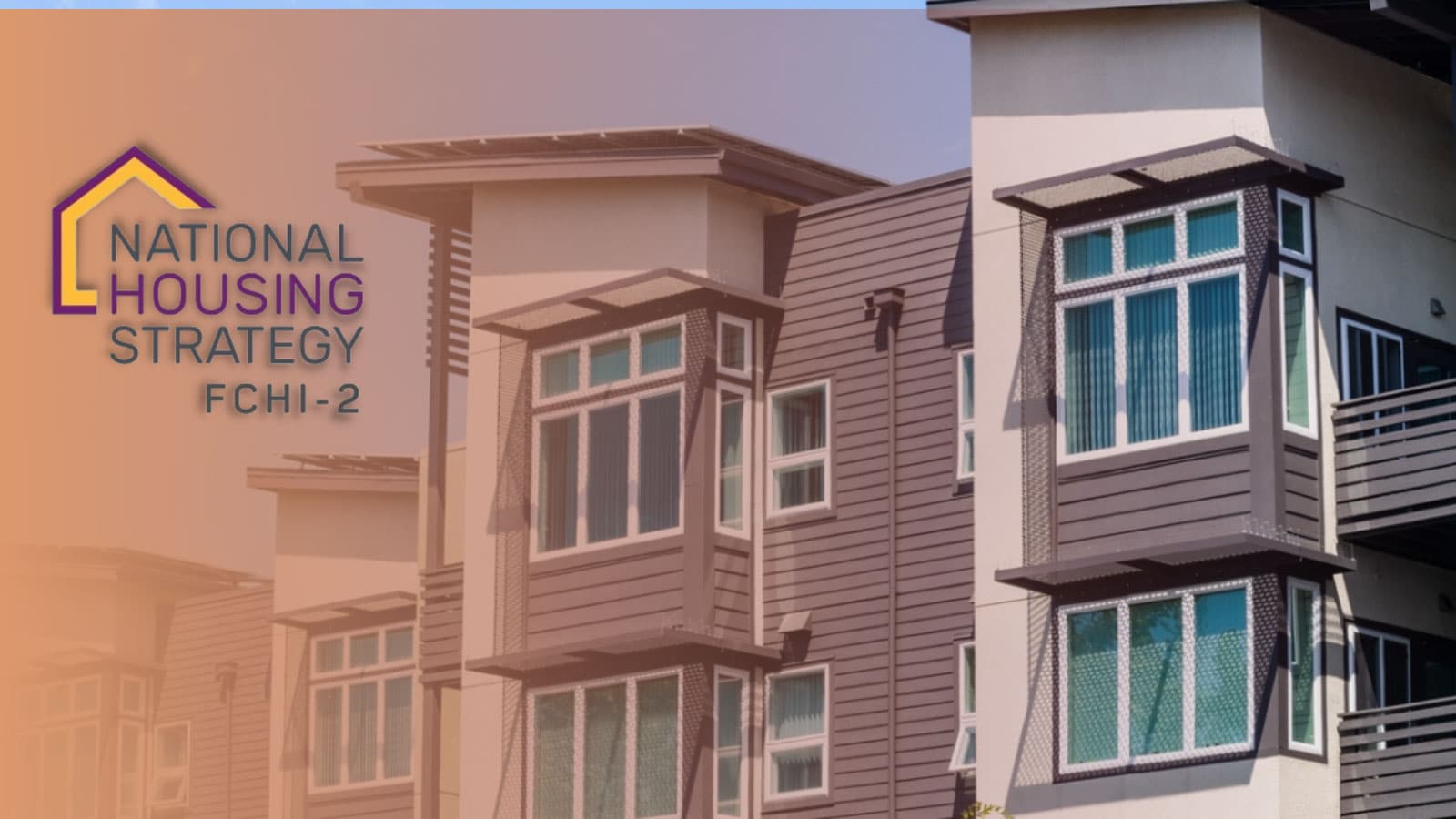
RAP Resources
Here are some additional resources:
- CHF BC guide to RAP
- Sample RAP agreement (PDF)
- CMHC Resources
- The Agency’s RAP (FCHI-2) Resources
- Overview of Rental Assistance (FCHI-2) for S95 co-ops
- Over-Housing under RAP
- Guide to RAP Obligations (visit Agency site)
- Notes from CHF BC Town Hall on RAP (2020-11)*
Note 1: The Agency has confirmed that the BC Recovery Benefit is excluded from income under FCHI-2/RAP.
Note 2: The CMHC and Agency materials may be updated as needed to clarify any program guidelines. Please ensure you use the most recent versions available.

Temporary Rental Assistance
Section 95 co-ops whose operating agreements with CMHC expired prior to April 1, 2016 where excluded from the temporary assistance of the Federal Community Housing Initiative (Phase 1) and were not included in the initial roll-out of FCHI-Phase 2. In early 2021, CMHC agreed to provide temporary rental assistance to these previously excluded co-ops and their members.
This program is different from FCHI-2 for co-ops with operating agreements that expired after March 31, 2016 . The assistance is one-time (for up to a year) and the period to apply for entry into the program is very short (ending March 8, 2021).
For more information, see the following:
- Updated CHF BC summary guide (v1.4)
- Resources from the Agency
- Agency flyer
- Sample template letter to members | Word

Preservation Funding
CMHC’s Preservation Funding for Community Housing program offers assistance to help co-ops (and other non-profits) better understand their assets. Its focus is on studies. This means there’s money available to help co-ops plan for the future, develop asset management plans and better understand their options.
Co-ops with a Section 95, ILM or Section 61 agreement are eligible to apply. Grants are potentially eligible for:
- Building condition assessments (BCAs);
- Capital replacement reserve planning (CRP);
- Energy audits;
- Professional consultations analyzing operating viability or refinancing (Asset Management Plans can fit in under this category);
- Assessing conversions to more age-friendly (i.e. aging in place) configurations; and
- Related studies.
Learn more about CMHC’s Preservation Funding for Community Housing program and remember to talk to CHF BC’s long-term planning team.
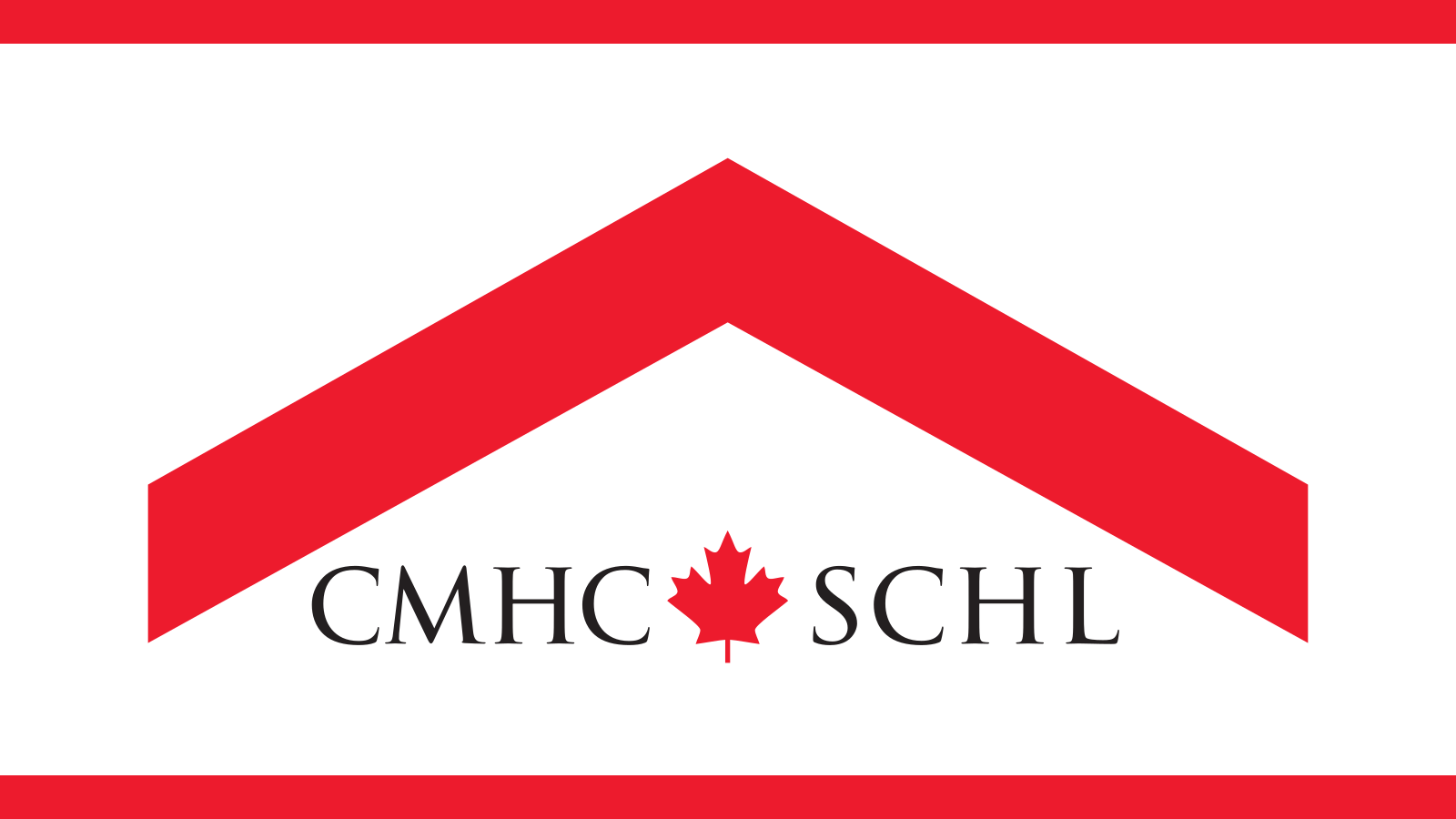
Affordable Housing Fund
Part of the National Housing Strategy, the Affordable Housing (formerly Co-investment) Fund has two streams: one for new construction and another focused on renovations.
CMHC sets significant eligibility criteria to access this competitive program, focused on low-interest loans and (to a lesser extent) grants.
There are criteria like energy efficiency, affordability, and accessibility. Many co-ops will find the criteria challenging and time consuming (or even impossible) to achieve for renovation projects. Beyond that, there are evaluations based on how well other priorities are met. Leasehold co-ops with fewer than 20 years remaining on their leases will not be able to apply, but others may find the possibility of loans at lower interest rates than private lenders can offer — and grants — attractive options.
Learn more here: https://www.cmhc-schl.gc.ca/en/nhs/co-investment-fund—housing-repair-and-renewal-stream
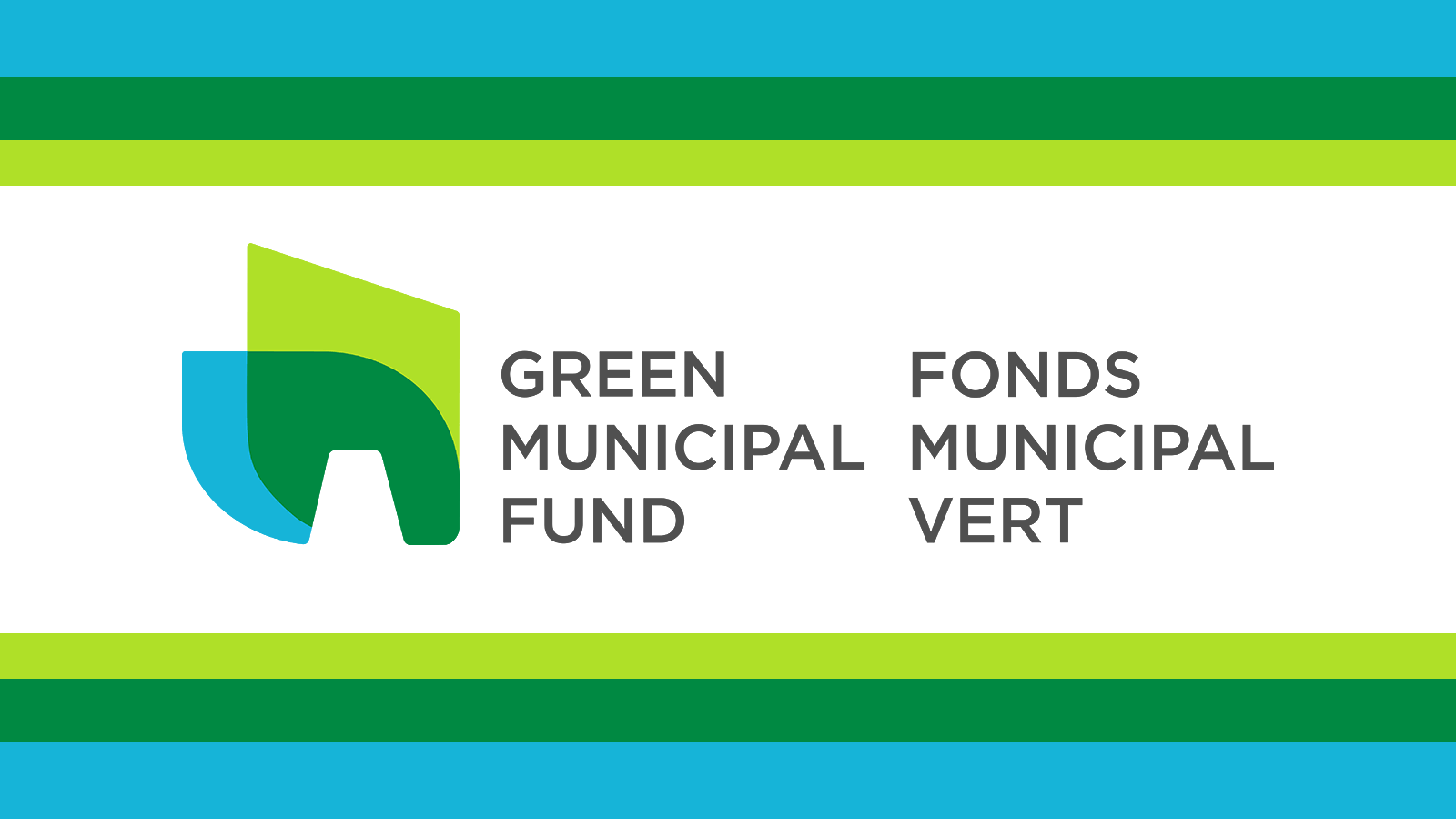
Green Municipal Fund
The Green Municipal Fund administered by the Federation of Canadian Municipalities (FCM) offers grants and low-interest loans that can assist with both studies and capital projects that aim to reduce energy use.
The Green Municipal Fund is similar to CMHC’s Co-Investment Fund in its requirements regarding energy efficiency, but there is no requirement of accessibility. This can make it a good alternative for buildings where accessibility upgrades are impossible without structural changes. Regardless of accessibility conditions, it is an option worth considering, as the potential size of the grant portion is tied to the increase in buildings’ energy efficiency.
Learn more here: https://fcm.ca/en/funding/gmf/capital-project-retrofit-sustainable-affordable-housing

Canada Greener Affordable Housing
The Canada Greener Affordable Housing (CGAH) program launched in 2023.
CGAH aims to help housing operators achieve dramatic improvements in energy use through building retrofits. If your co-op is interested in pursuing net-zero energy, CGAH offers both pre-retrofit and retrofit funding.
Applications are processed relatively quickly, but there are significant eligibility requirements and application windows are tight.
For more information, see the CGAH program summary and the program website.
Provincial Green Programs
The BC government and provincial utilities offer various programs to target improvements in energy performance. These programs can change quickly, and may only run for short periods. Check regularly for what's available.
Learn more generally about various programs:
- EfficiencyBC (https://www.efficiencybc.ca/)
- CleanBC (https://betterhomesbc.ca/)
- GoElectric (https://goelectricbc.gov.bc.ca/)
- Fortis BC (which has particular information about “Saving energy for non-profit organizations“)
- BC Hydro Powersmart
There are some specific programs to be aware of:
- Energy Conservation Assistance Program (ECAP) — many co-ops have already participated — it’s free
- Social Housing Retrofit Support Program (SHRSP)
- Social Housing Incentive Program (SHIP) — useful in conjunction with SHRSP
- And for those with BC Housing operating agreements, there are the Energy Efficiency Retrofit Program (EERP) and Capital Replacement Fund (CRF) programs

Greener Microgrants
CHF Canada is a sector organization, not an arm of government, but it will fund small projects from $500 to a limit of $4,000 to support the protection of the environment.
This program has been operating from some years and many co-ops have benefited from it. In a given year, an individual co-op can only make one application, but you can apply again in other years (even if you’re a previous recipient). There are some reporting requirements and all CHF Canada member housing co-ops can apply.
The application window can vary, but is generally open March and April. Funds are limited, Visit CHF Canada for more.

BC RAHA
The BC Rebate for Accessible Home Adaptations (BC RAHA) is an updated version of the Home Adaptations for Independence Program (HAFI). BC RAHA launched in March 2021. It provides financial assistance for low-income households to carry out adaptations for independent living.
BC RAHA is open to housing co-operative members through a “Homeowner” application. For individuals there are maximum income and asset restrictions.
For the associated co-operative, there are also eligibility criteria. Co-ops receiving operating assistance from government will not be successful (e.g. co-ops with active Section 95, ILM, or Homes BC agreements). Co-ops that have seen their original Section 95 agreement expire and are in CMHC’s Rental Assistance Program would generally be eligible. Co-ops that have paid off their ILM mortgages but still have an active rent supplement agreement may be considered on a case by case basis.
Find more information on the BC Housing BC RAHA webpage.
Co-op Programs
Over the years, both the federal and provincial governments have created programs to support the development of non-profit housing co-ops.
The Community Land Trust also fosters co-op creation.
